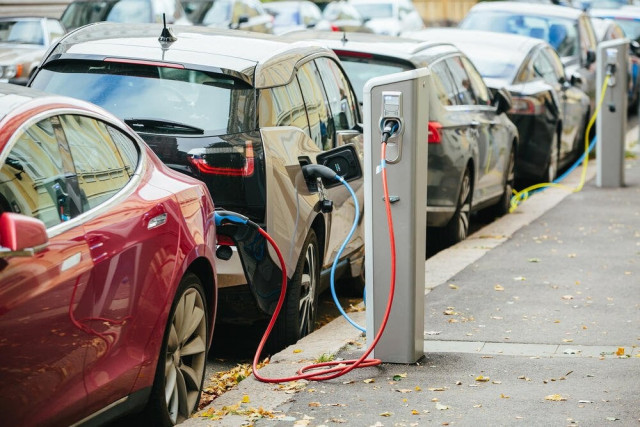
Pakistan's New Auto Policy 2026 Aims to Transform the Car Market
Pakistan is taking significant steps to reshape its automotive landscape with the introduction of a new Auto Policy 2026. This initiative is designed to streamline the import process for both used and electric vehicles, aiming to enhance competition within the domestic car market. By making it easier to bring in foreign cars, the policy is expected to encourage local manufacturers to elevate their product quality while also reducing prices.
The Car Dealers and Importers Association is set to provide recommendations to the Ministry of Industries. These suggestions will focus on key areas such as customs duties, certification systems, and the importation of electric vehicles (EVs). The discussions have been led by Haroon Akhtar Khan, the Special Assistant to the Prime Minister, who emphasized the government’s commitment to supporting proposals that benefit consumers and the environment.
During the high-level meeting, officials also addressed the need for trade support for both used cars and EVs. They aim to align Pakistan’s automotive sector with international safety and climate standards. The proposed changes include improved policies to tackle smog, reduce reliance on fuel imports, and promote sustainable growth. These measures are part of a broader effort to create a more environmentally friendly and economically viable transportation system.
The new Auto Policy complements the existing Electric Vehicle Policy 2025-2030, which sets an ambitious target of having 2.2 million electric vehicles on Pakistani roads by the end of the decade. This includes a wide range of vehicles such as electric bikes, rickshaws, buses, and private cars. The goal is to significantly reduce pollution and decrease dependence on fossil fuels, particularly in major cities like Lahore and Karachi.
Khan highlighted that electric vehicles offer long-term cost savings and are beneficial for public health. They consume less fuel, require fewer repairs, and contribute to lower noise pollution. He stressed that the government’s objective is to make electric cars accessible and affordable for all Pakistanis, not just the affluent. This approach is intended to ensure that the benefits of electric mobility are widely distributed across different socio-economic groups.
The policy also addresses the growing demand for used vehicles, which play a crucial role in making transportation more affordable for many Pakistanis. By simplifying the import process and ensuring compliance with safety standards, the government hopes to create a more transparent and efficient market for second-hand cars.
In addition to these initiatives, the policy emphasizes the importance of infrastructure development to support the increasing number of electric vehicles. This includes expanding charging stations and promoting research and development in clean energy technologies. Such efforts are expected to foster innovation and position Pakistan as a leader in sustainable transportation within the region.
Overall, the Auto Policy 2026 represents a strategic shift towards a more competitive, inclusive, and environmentally conscious automotive sector. By encouraging the adoption of electric vehicles and improving access to foreign cars, the policy aims to drive economic growth while addressing pressing environmental challenges. As the government moves forward with these plans, it remains focused on ensuring that the benefits of this transformation are felt by all citizens.
Post a Comment